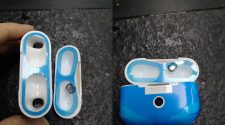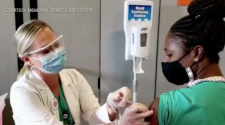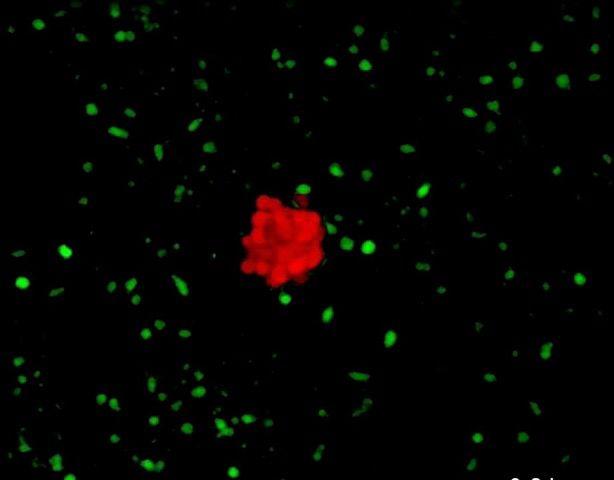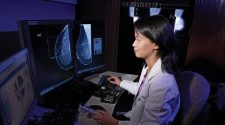New technological developments could lead to a more effective way to study diseases and change how drugs are developed.
UF researchers began developing a system to study Type 1 diabetes through the islet in the pancreas, which makes insulin, said Cherie Stabler, a UF biomedical engineering professor. The system will be made with new cell-based technology that will mimic the islet and allow for testing of different drugs and therapies.
Type 1 diabetes is an autoimmune disorder in which immune cells recognize the cells that produce insulin as being foreign. The immune cells attack the islet, so people with Type 1 diabetes cannot produce insulin. A lack of insulin can be lethal, Stabler said.
“I was always interested in trying to come up with medical interventions that could treat many different conditions,” she said.
Cell therapies and treatments are primarily tested on animals. Because of the biological differences between mice and humans, the UF researchers are creating an organ on a chip that will imitate the pancreas and can be a tool for treatments.
“If we can understand the factors that initiate the disease, as well as ways in which the immune cells are killed, we can possibly come up with interventions,” Stabler said.
This system was created because of advancements in types of stem cells, said Clayton Mathews, a professor at UF’s College of Medicine.
Researchers can grow adult cells in cultures and turn them into immune cells, Mathews said.
UF’s Center for Cellular Reprogramming and other resources have given the researchers a competitive advantage when it comes to developing this technology, Matthews added.
“What we really want to do is be able to use this system to ask questions about what happens in four dimensions,” Mathews said.
















